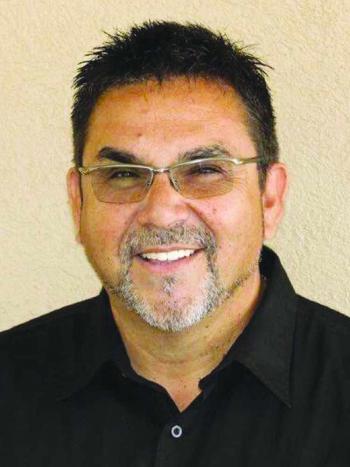Image Caption
Summary
By Andrea Smith
Windspeaker.com Contributor
The five nations of the Maa-nulth Treaty on the West Coast of Vancouver Island are breathing a sigh of relief, with upwards of $5 million in treaty negotiation loans expected to be forgiven.
Huu-ay-aht, Ka:’yu:’k’t’h’/Che:k’tles7et’h’, the Toquaht Nation, the Uchucklesaht Tribe, and Yuułuʔiłʔatḥ (Ucluelet First Nation) ratified their treaty on April 1, 2011. The loan forgiveness is significant for the small remote communities.
Hereditary chief Anne Mack of the Toquaht Nation said loan forgiveness will put “much needed resources in the hands of the community.”
The announcement was made in the federal 2018 budget. Government wants to increase the number of modern treaties and self-determination agreements it concludes, and soon they will be reached at a lower cost to all parties.
Since the B.C. Treaty Process began more than 20 years ago, participating First Nations have gone deep into debt to the tune of many, many millions of dollars to ‘negotiate’ compensation for their own unceded lands and to establish governing authority.
Outstanding loans, as of March 31, 2017, totaled $537 million among the 65 First Nations in B.C. participating in the six stage treaty process.
First Nations, however, have always asserted that they should not be on the hook for monies required to participate in such a process, which was largely skewed in favor of federal and provincial governments which would prolong processes, deny rights, and delay negotiating certain chapters of the treaties.
The 2018 budget wording is vague and leaves some questions as to the government’s commitment to the initiative.
“I don’t know if the devil is in the details, and what it’s actually going to bring… I don’t think anybody knows now, including the federal government… but we’re really excited and we think it’s going to help us with our governance,” said Les Doiron, president of the Yuułuʔiłʔatḥ Government.
In a statement sent to the citizens of Yuułuʔiłʔatḥ, Doirion said forgiveness of their BC Treaty Negotiations Loan ensures that the Maa-nulth treaty implementations can progress without the shackles of the long-term debt that inhibit(s) our ability to progress.
“We’re looking forward to working with the government of Canada… It’s monumental for the government in real treaty implementation.”
Doiron said the Maa-nulth Nations have been lobbying for this move for years, so the announcement was welcome.
Chief Councillor for Huu-ay-aht First Nation, Robert Dennis, is also happy with the government’s decision. Dennis was a critical player as the negotiator for Huu-ay-aht throughout the phases of the treaty process and through to the Maa-nulth ratification. This was complicated and often tension-filled work, with long days around the table and often away from the comforts of home.
It’s been expensive for his nation, and the other fMaa-nulth nations, he said, and a cost they should not have been responsible for in the first place.
“We’ve been raising this matter for quite some time. During the negotiations it was always raised as to why should we be paying for something that is not our doing? But it’s a surprise in the sense that this favorable response did come out in the budget,” said Dennis.
Being on the West Coast of Vancouver Island, they are as far west from Ottawa and Parliament that one can get, so travel also added to the loan burden.
“It’ll be a very positive outcome. I think it will be a way of motivating Canada and B.C. to get more serious about negotiations as opposed to dragging them on,” said Dennis.
“This will motivate Canada to get more involved in meaningful negotiations… The way it was done in the past there was no motivation for them to get a deal done. As a matter of fact, it was contrary… the thought was ‘Maybe we can get the First Nations to a get a negotiation quicker because there was a cost…’ which in my view was a very underhanded process to begin with,” he said.
Tsawwassen First Nation was the first to achieve treaty under the BC Treaty Commission process. Then the first multi-nation treaty came about with Maa-nulth, and among the nations that followed was Tla’amin. The Nisga’a Treaty was reached in the 1990s, but outside of the BCTC process.
Reaching ratification has been elusive, however, for the majority of participating nations.
The department of Crown-Indigenous Relations says loan forgiveness is a step that’s going to affect all First Nations with treaty negotiation loans.
The plan going forward is to no longer have First Nations take out loans from the government, and instead the government will make financial contributions to help First Nations get through the treaty negotiation process.
“The Government of Canada is committed to increasing the number of comprehensive modern Treaties and new self-determination agreements in a manner that reflects a recognition of rights approach,” said Valerie Hachie, spokesperson for the department.

